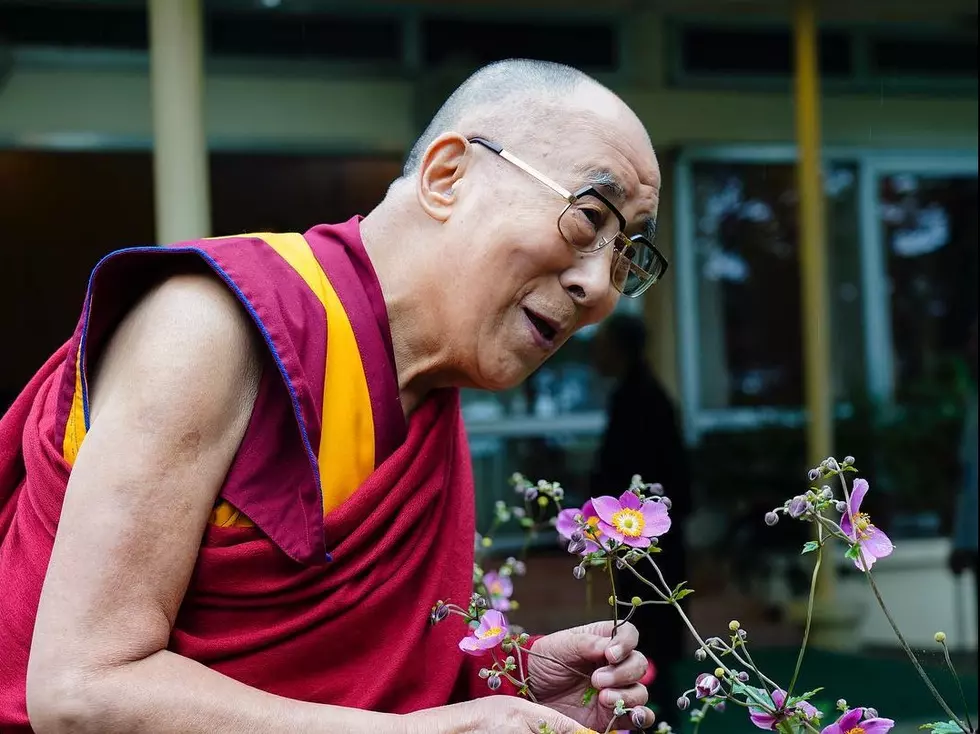
The Dalai Lama Encourages a Switch to Vegetarianism on World Animal Day
His Holiness the 14th Dalai Lama is encouraging his followers around the globe to adopt a vegetarian diet in an effort to alleviate suffering on World Animal Day, which took place this past Sunday, October 4th. In a recorded message, the Buddhist leader said, "It is very useful to promote vegetarianism. We should pay more attention towards developing more vegetable [-based diets]," adding that factory farming is "environmentally very harmful." The Dalai Lama also urged kitchens of Buddhist monasteries and Tibetan schools to forgo meat in favor of more vegetables.
Vegetarianism in the Buddhist Religion
Buddhism has a long history of vegetarianism and different sects of the religion hold different values and observe different diets. In Buddha's final teachings in the Mahayana school, it is said that he told his followers that they should not eat meat or fish. The Lankavatara Sutra states, "So as not to become a source of terror, bodhisattvas (a person on the path toward Buddhahood) established in benevolence should not eat food containing meat...People kill animals for profit and exchange goods for the meat. One person kills, another person buys—both are at fault."
Strict vegetarianism is not a belief that all Buddhists hold, for example, the Theravada school allows monks to eat pork, chicken, and fish but only if the animals were not killed for their consumption, rather offered and not specifically prepared for the person, similar to food donations the Buddha would accept, which sometimes contained meat.
Other schools such as Vajrayana are not all vegetarian, but one overarching theme of the Buddhist religion is compassion, and in this time of climate change, vegetarianism can offer both compassion for the planet as well as for the animals inhabiting it.
More From The Beet









